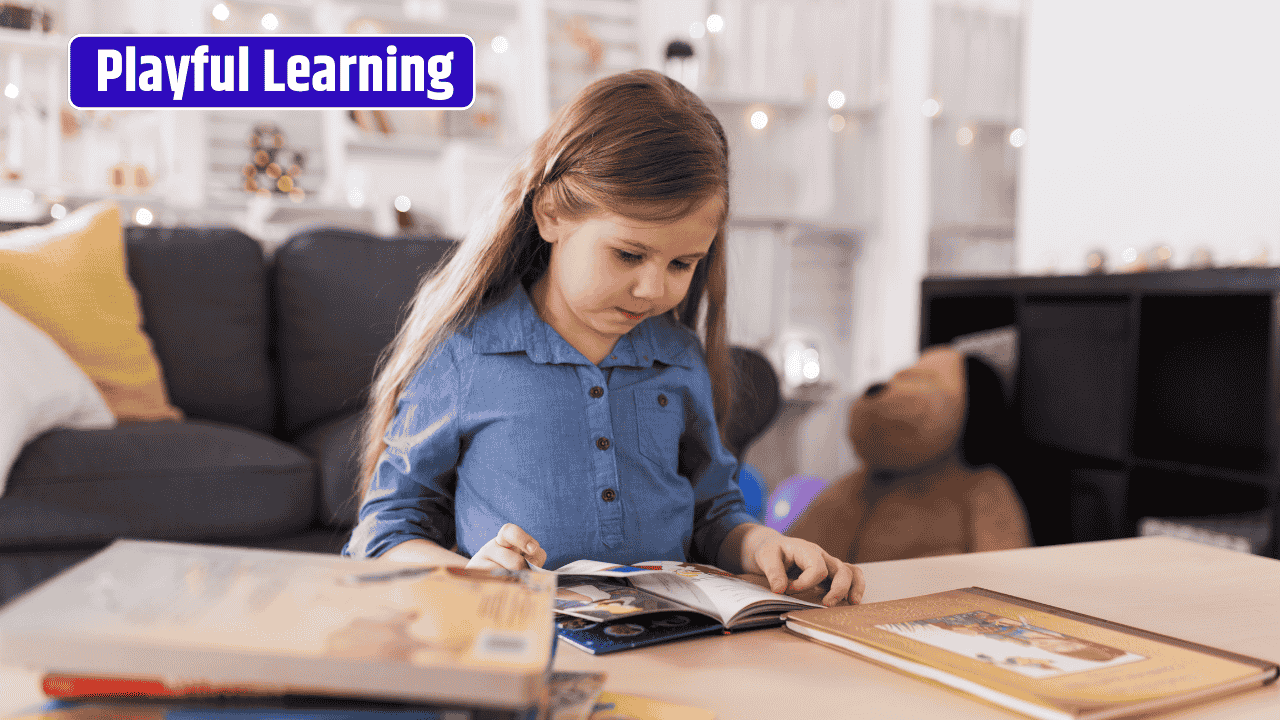Learning doesn’t always have to feel like a chore. The best educational books transform complex topics into fun, interactive, and engaging experiences that spark curiosity. Whether for children, teens, or even adults rediscovering the joy of learning, these books show that education can be entertaining. Here’s a list of top educational books that make learning feel like play and why they stand out.
Why Playful Learning Works
When learning is presented through games, storytelling, puzzles, or humor, the brain retains information more effectively. Playful learning reduces stress, encourages exploration, and builds long-term engagement. Educational books that use this approach help readers grasp challenging concepts while still enjoying the process.
Books That Make Science Fun
- “Women in Science” by Rachel Ignotofsky
With colorful illustrations and quirky facts, this book introduces readers to groundbreaking women in STEM while blending history and science in a lighthearted way. - “Thing Explainer” by Randall Munroe
Using only the 1,000 most common words, Munroe explains everything from nuclear reactors to space travel. It’s funny, simple, and incredibly effective at teaching complex concepts. - “Astrophysics for Young People in a Hurry” by Neil deGrasse Tyson
A kid-friendly adaptation of Tyson’s bestseller that breaks down cosmic mysteries into digestible, fascinating insights.
Math Through Stories and Games
- “The Number Devil” by Hans Magnus Enzensberger
A magical story where a boy encounters a number devil in his dreams, discovering the wonders of mathematics through imaginative adventures. - “Math Doesn’t Suck” by Danica McKellar
Written by actress-turned-math whiz, this book turns math problems into relatable, confidence-building scenarios for middle-schoolers. - “Sir Cumference and the Dragon of Pi” by Cindy Neuschwander
A playful math adventure that introduces geometry and mathematical concepts through a medieval-themed story.
History and Culture Made Entertaining
- “Horrible Histories” series by Terry Deary
These books are packed with gross, funny, and shocking facts that make history exciting for kids who usually find it boring. - “A Child’s Introduction to World History” by Heather Alexander
Illustrated timelines, fun activities, and maps make history interactive and visually appealing. - “The Cartoon History of the Universe” by Larry Gonick
A witty, comic-style journey through human history that blends accuracy with humor.
Interactive and Hands-On Learning Books
- “Brain Games for Kids” by Publications International
Filled with puzzles, riddles, and challenges, this book keeps young minds active while sharpening problem-solving skills. - “The Big Book of Knowledge” by DK Publishing
With bold visuals, flaps, and activities, this book turns general knowledge into a discovery-driven adventure. - “Cool Science Experiments for Kids” by Crystal Chottut
Encourages learning through DIY projects that combine fun with scientific inquiry.
Why Adults Love These Books Too
Many of these playful educational books appeal just as much to adults as to children. Whether it’s relearning forgotten math concepts, exploring quirky history, or trying out science experiments, they provide stress-free ways to keep the mind sharp and curious. The mix of humor, visuals, and storytelling helps readers rediscover the joy of lifelong learning.
Educational books that feel like play prove that curiosity thrives when learning is engaging. Whether through humor, illustrations, storytelling, or interactive challenges, these books show that knowledge doesn’t have to be dry or intimidating. They remind us that education works best when it’s enjoyable, turning study time into an adventure.
FAQs
Are playful educational books only for kids?
Not at all. Many adults enjoy them as well, especially when revisiting subjects like science, history, or math in a fun and approachable way.
Do these books actually improve learning outcomes?
Yes. Studies show that playful learning improves memory retention and critical thinking, making these books effective tools in classrooms and at home.
Which age group benefits most from playful educational books?
Children and teens benefit the most, but adults who prefer light, engaging explanations also find them useful.
Are interactive books better than traditional textbooks?
For engagement and curiosity, yes. However, they work best as complements to structured learning rather than replacements.
Where can I find these books?
Most are available at bookstores, libraries, and online platforms like Amazon, Barnes & Noble, and independent sellers


















